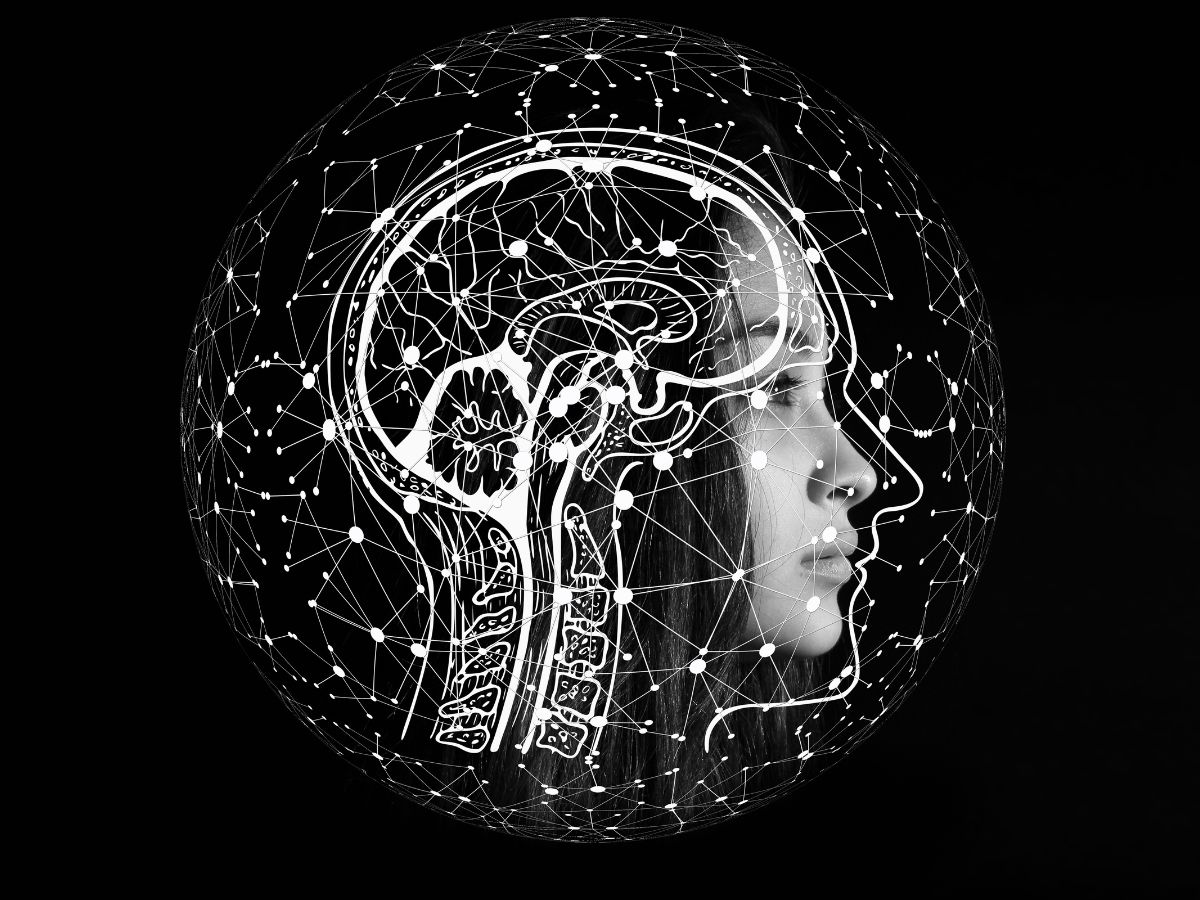Psychology of Humor: Why We Laugh

Representational Image
Laughter is a universal human experience, a contagious sound that can brighten any mood. But what exactly is humor, and why do we find certain things funny? Delving into the psychology of humor reveals a fascinating interplay of cognitive, emotional, and social factors.
Superiority Theory:
- The Core Idea: This classic theory suggests we laugh at the misfortunes of others, deriving amusement from feeling superior. Think of slapstick comedy or jokes about someone tripping.
- Limitations: While this theory explains some forms of humor, it doesn't account for many others, such as puns, dark humor, or jokes that don't involve someone's downfall.
Relief Theory:
- The Core Idea: Laughter serves as a release of pent-up nervous energy. When we experience a sudden release of tension, we laugh.
- Example: The unexpected punchline of a joke can create a sudden shift in our emotional state, leading to laughter.
Incongruity Theory:
-
The Core Idea: Humor arises from the unexpected juxtaposition of ideas or situations. When our expectations are violated in a surprising and amusing way, we laugh.
- Examples: Puns play on the multiple meanings of words, while absurdist humor defies logic and creates unexpected scenarios.
Benign Violation Theory:
-
The Core Idea: We find things funny when they violate our expectations but are perceived as harmless.
- Example: A silly animal video might violate our expectations of animal behavior, but the cuteness of the animal makes the violation benign and thus humorous.
Social Bonding:
-
The Core Idea: Humor plays a crucial role in social bonding and group dynamics. Shared laughter fosters a sense of connection and belonging.
- Example: Inside jokes and shared humor within a group strengthen social bonds and create a sense of shared identity.
The Cognitive Processes at Play: Humor involves perceiving and interpreting information in unexpected ways. We use our cognitive abilities to identify patterns, make connections, and resolve incongruities. Humor elicits a range of emotions, from amusement and joy to surprise and even discomfort. Laughter offers numerous benefits, including stress reduction, improved mood, enhanced social connection, and boosted creativity.
In Conclusion:
The psychology of humor is a complex and multifaceted field. While various theories offer different perspectives, it's clear that humor is a multifaceted phenomenon that plays a vital role in our lives. By understanding the underlying mechanisms of humor, we can gain deeper insights into human cognition, emotion, and social behavior.
Disclaimer: This information is for general knowledge and entertainment purposes only and does not constitute professional psychological advice.
Join PSU Connect on WhatsApp now for quick updates! Whatsapp Channel
Read Also : BHEL, Hitachi Energy consortium signed contract with Rajasthan Part I Power Transmission Limited